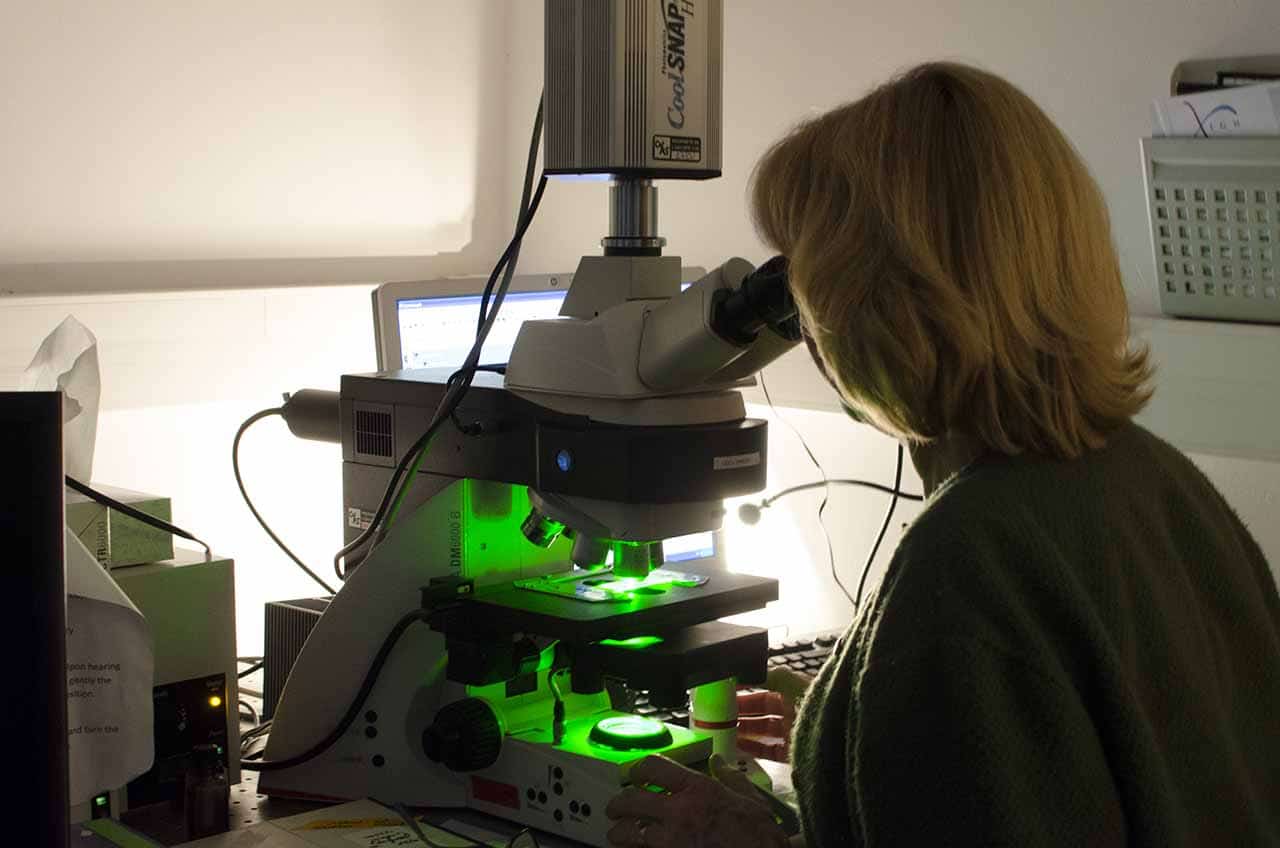Providing healthcare in tomorrow's world
Accelerated development, increased life expectancy, scarcity of resources... Countries in the Global South are undergoing profound change, and the healthcare needs of their populations are evolving. The expected healthcare response is also changing. We take stock of the situation with Professors University of Montpellier.

IGH © Miss Buffet Froid
"As their lifestyles become more aligned with ours, countries in the South will soon face the same diseases as we do, particularly those associated with a sedentary lifestyle: obesity, diabetes, and cardiovascular disease,"predicts Jacques Mercier. For the vice president of research at the University of Montpellier, in addition to the arrival of these "rich country" diseases, countries in the Global South will soon find themselves facing a new challenge for which they are not really prepared: cancer.
Cancer, the disease of the 21st century
As head ofthe ICM (Montpellier Cancer Institute), Marc Ychou is convinced that cancer is and will remain the predominant disease over the next thirty years. Increased life expectancy and an aging population inevitably lead to an increase in the number of cancer cases. Many of these cancers (around 20% today, according to the World Health Organization) are caused by pathogens—parasites, bacteria, viruses—that are particularly abundant in the southern hemisphere. These agents specifically influence the proper functioning of the immune system responsible for destroying cancer cells.
Thus, in the context of longer life expectancy, understanding how the immune system will manage the growing threat of cancer in the areas of the planet most exposed to infection has become a key research issue.
Defeating AIDS
"Of the 35 million people living with HIV, 25 million are in Africa," notes Eric Delaporte, an infectious disease specialist at Montpellier University Hospital and professor at the University of Montpellier. When asked the key question, "How can we end HIV tomorrow?", the professor of medicine obviously has no answer. "While research into finding a preventive or therapeutic vaccine has so far proved unsuccessful, there have been major therapeutic advances," saysProfessor in HIV. "There is still no cure for AIDS, but the disease has gone from being fatal to chronic. And today's therapies now prevent the transmission of the virus,"explains Monsef Benkirane, director ofthe Institute of Human Genetics (IGH). "In Africa, the stigmatization of infected people is still sometimes a barrier to getting tested and even treated," continues the CNRS research director.
Defeating AIDS in developing countries will be no easy task, as cultural factors and numerous obstacles, particularly those related to fragile healthcare systems, must be overcome. More than ever, research must continue in order to develop, among other things, an innovative approach to treating HIV in developing countries.
90% target
To end the AIDS epidemic, at the end of 2014, the UN set a target for 2020 that 90% of people living with HIV should know their HIV status, that 90% of those diagnosed should receive sustainable antiretroviral treatment, and that 90% of them have a sustained viral suppression.
Currently, with just two years to go before this deadline, only 70% of people with HIV are aware of their HIV status. 77% of those tested receive appropriate antiretroviral treatment. 80% of them have a suppressed viral load.
Preventing Ebola
In 2014, the Ebola virus experienced its deadliest epidemic. According to figures compiled by the World Health Organization, 11,310 people died in West Africa. Another 10,000 survived with serious after-effects. Humans probably become infected when handling infected animals during hunting and butchering. Led by Ahidjo Ayouba (UM, IRD), the "Post-Ebola Resilience Initiative" project, selected as part of the first Muse call for projects "Support for Research 2017," aims to document the presence of the virus at the interface between wildlife and humans using a "One Health"* approach.
This project, supported by €100,000 in funding, will be carried out in Guinea, the Democratic Republic of Congo, and Cameroon, with the aim of understanding the circulation of this virus in the animal world. This information is essential for preventing new epidemics in humans.
* This is an integrated approach to health that emphasizes the interactions between animals, humans, and their various environments.
I-SITE MUSE
 " Feed, care for, protectThree global challenges for the 21st century at the heart of I-SITE MUSE.
" Feed, care for, protectThree global challenges for the 21st century at the heart of I-SITE MUSE.
The MUSE project (Montpellier University of Excellence) brings together 19 institutions with a shared ambition: to establish a research-intensive thematic university in Montpellier that is internationally recognized for its impact in the fields of agriculture, the environment, and health, and which will become a close academic partner for all members of the consortium, providing them with significant benefits.